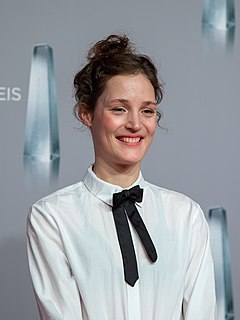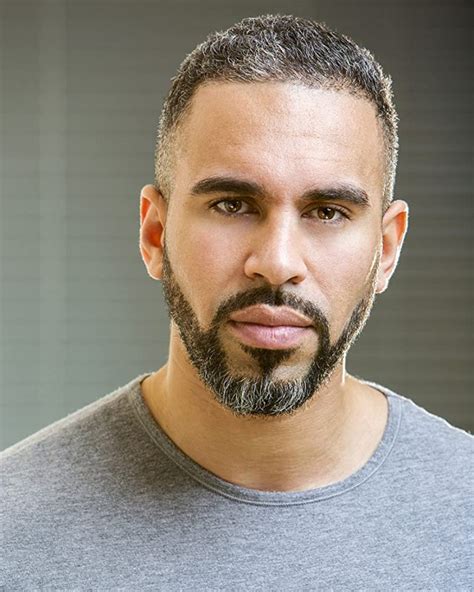A Quote by Lee Child
So, how to stay inside the world of entertainment without actually getting another job? I felt the only logical answer was to become a novelist. So I wrote the first book - driven by some very real feelings of desperation - and it worked.
Related Quotes
The secret of it all, is to write in the gush, the throb, the flood, of the moment – to put things down without deliberation – without worrying about their style – without waiting for a fit time or place. I always worked that way. I took the first scrap of paper, the first doorstep, the first desk, and wrote – wrote, wrote…By writing at the instant the very heartbeat of life is caught.
When I was fifteen I wrote seven hundred pages of an incredibly bad novel - it's a very funny book I still like a lot. Then, when I was nineteen I wrote a couple hundred pages of another novel, which wasn't very good either. I was still determined to be a writer. And since I was a writer, and here I was twenty-nine years old and I wasn't a very good poet and I wasn't a very good novelist, I thought I would try writing a play, which seems to have worked out a little better.
The object we call a book is not the real book, but its potential, like a musical score or seed. It exists fully only in the act of being read; and its real home is inside the head of the reader, where the symphony resounds, the seed germinates. A book is a heart that only beats in the chest of another.
In my opinion, I've had the greatest job in the world. I got a chance to be the shortstop for the New York Yankees, and there's only one of those. And I always felt as though it was my job, was to try to provide joy and entertainment for you guys, but it can't compare to what you brought me. So for that, thank you very much.
I started off doing indie comics that I wrote and drew myself. I was doing those for ten years before I started to work for DC. The first book that I wrote for DC was for another artist. I did some backups in 'Adventure Comics' years ago starring The Atom. That's the first time that I ever wrote for another artist.
Actors actually have a feeling, like a sixth sense. They are like mediums. But it only works - you can only become this medium or this vessel to transport emotions and images and feelings - if you are not too full of yourself. Otherwise, there wouldn't be space for a story to live inside of you or a world to evolve in you and around you.
As an actor, it's all about whether you can sell the emotion on your face... that desperation, the panic and rage that comes with combat. The emotion of combat is important to me. I mean, you feel almost sick if you see a real fight where someone is getting badly beaten up. You can get emotionally involved in combat that has nothing to do with you in real-life, let alone if you are actually in it... or it's someone you know, and so you should have those same feelings on film.




































